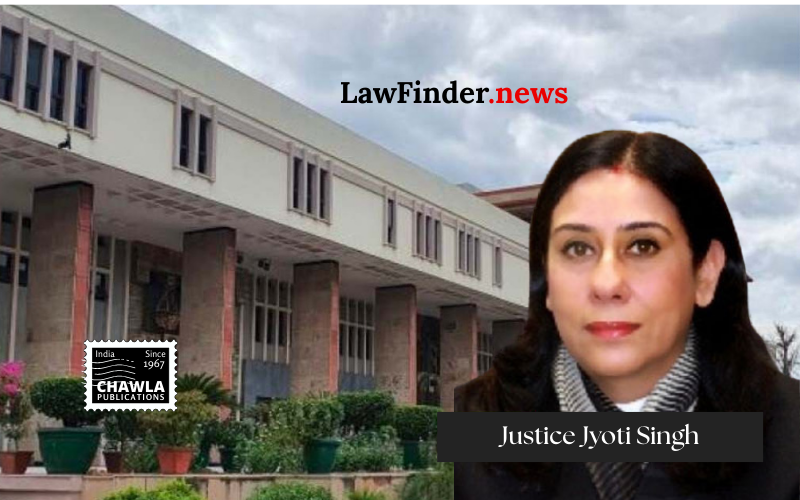Petition seeking termination of arbitrator's mandate dismissed; unverified allegations deemed insufficient for removal under Arbitration and Conciliation Act, 1996.
In a significant ruling, the Delhi High Court has dismissed a petition filed by the National Highway Infrastructure Development Corporation Ltd (NHIDCL) seeking the termination of a Presiding Arbitrator's mandate in a dispute with NSPR VKJ JV. The case, adjudicated by Justice Jyoti Singh, revolved around allegations of corruption against the Presiding Arbitrator, Respondent No. 4, and doubts about his impartiality.
NHIDCL had argued that the arbitrator was ineligible to continue due to alleged involvement in corruption cases, including a case registered with the Madhya Pradesh Lokayukta. The petitioner contended that these allegations constituted a "de jure" disability, rendering the arbitrator ineligible under Section 14 of the Arbitration and Conciliation Act, 1996.
However, the court found that the allegations were unsubstantiated and lacked concrete evidence. The judge emphasized that mere complaints or unverified claims could not be grounds for terminating an arbitrator’s mandate. The court highlighted the need for concrete evidence or proven charges to establish "de jure" or "de facto" ineligibility.
The court also addressed the petitioner’s concerns about the arbitrator’s impartiality, noting that procedural actions taken by the arbitrator did not indicate bias. The judge referred to previous Supreme Court judgments, including HRD Corporation v. Gail (India) Limited, to underline that the grounds for challenging an arbitrator’s independence must be addressed through Sections 12 and 13 of the Arbitration and Conciliation Act.
The judgment underscores the importance of preserving the integrity of arbitration proceedings while balancing against unwarranted removal of arbitrators based on unsubstantiated allegations. The decision reaffirms that allegations of corruption must be substantiated with concrete evidence to impact an arbitrator’s mandate.
The ruling serves as a reminder of the stringent requirements for challenging an arbitrator’s eligibility under Indian arbitration law, emphasizing the need for a careful and evidence-based approach in such matters.
Bottom Line:
Arbitration - Termination of Arbitrator's mandate under Section 14 of the Arbitration and Conciliation Act, 1996 - Mandate of an arbitrator cannot be terminated solely based on unsubstantiated allegations or mere complaints - De jure ineligibility requires inherent legal disability, which cannot be established through vague allegations or unverified claims.
Statutory provision(s): Arbitration and Conciliation Act, 1996 - Sections 12, 13, 14, 15




